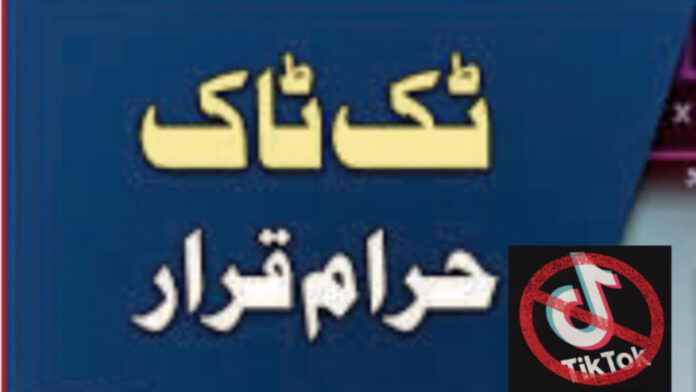Jamia Binori Town in Karachi has issued a fatwa, or religious edict, calling for a ban on the popular video-sharing platform TikTok. The fatwa categorically asserts that TikTok’s content is being exploited for financial gain, leading to various societal concerns.
The religious decree specifically highlights the platform’s misuse, citing inappropriate content that is allegedly exploited for monetary benefits. According to the fatwa, TikTok has become a breeding ground for activities considered contrary to moral and religious principles.
One of the key contentions mentioned in the fatwa revolves around the dissemination of inappropriate material, including images, videos, music, and humor that are deemed unsuitable and violative of societal norms. The edict further emphasizes that TikTok is predominantly utilized for activities associated with illicit behaviors, which include the sharing of prohibited content and the propagation of indecent material.
From a religious perspective, the fatwa unequivocally deems the usage of TikTok as forbidden and impermissible. The decree highlights the concerns over individuals, both young and elderly, engaging in various activities to generate income, some of which are deemed inappropriate by those adhering to strong moral values.
This religious ruling by Jamia Binori Town in Karachi highlights growing apprehensions surrounding TikTok’s content and its impact on societal morality. The fatwa’s issuance against the platform underscores the need for a reevaluation of online content, especially concerning its alignment with ethical and religious values.
The call for a ban on TikTok based on religious principles sheds light on the ongoing debate regarding the platform’s influence and its alignment with societal standards. As discussions continue, this fatwa serves as a significant moment in addressing the ethical implications of online content and its impact on societal values in Pakistan.












